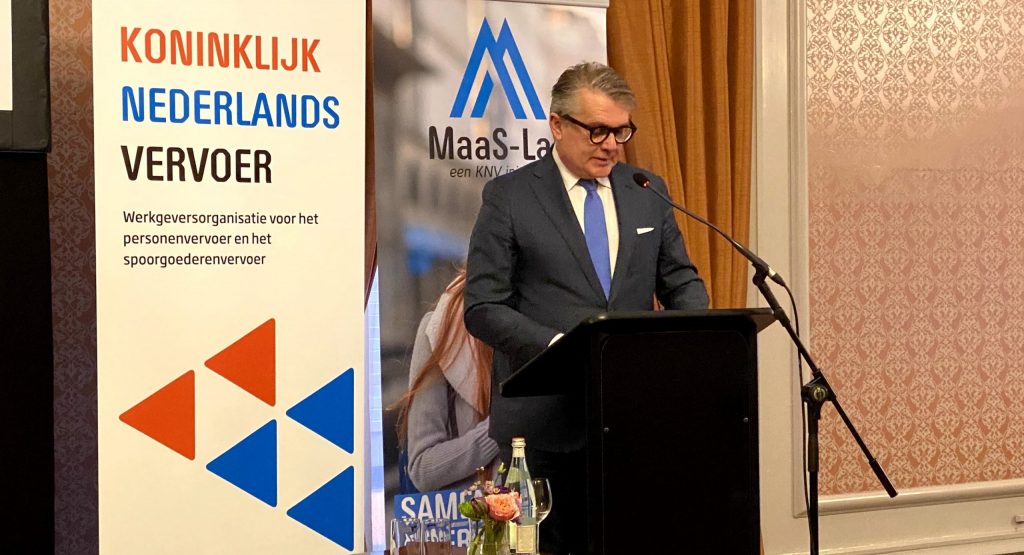Repeating points and hindering the transport of vulnerable groups is now only counterproductive.
Employers in care and taxi transport (united in KNV Care Transport and Taxi) call on FNV to stop organizing strikes in student and care transport. The strikes are counterproductive, damage the image of the industry and cause stress and inconvenience to vulnerable travelers who use healthcare transport.
'Staking is a right and I do not dispute that, but I do question a strike when there is a collective agreement. Hopefully FNV will also come on board again.'
KNV chairman Bertho Eckhardt
Last Tuesday, KNV Zorgtransport and Taxi and CNV Vakmensen concluded an agreement on a new collective labor agreement. The new collective labor agreement is to take effect on 1 January 2023 and has a term of one and a half years. Central to the collective labor agreement is a wage increase of 8% with effect from 1 January 2023 and another 4% with effect from 1 January 2024. Continued payment in the event of illness will also change and the break scheme will be adjusted.
Nationally speaking, the consequences of strikes are limited, but nuisance was experienced in some regions. Nationally, less than 2% of staff went on strike. The consequences of the strike were therefore not too bad, although there were regional differences. Due to good communication with clients and users, the nuisance could often be kept to a minimum. Where larger groups of employees went on strike, rides were cancelled. The strike went off without incident. The fact that the strike was not too bad from a national perspective does not alter the fact that the cancellation of journeys often has major consequences for those involved.
A view on the future
KNV calls on trade union FNV to focus on the future. Bertho Eckhardt about this: “We have moved considerably in the direction of the union demands, while employers are also standing with their backs against the wall due to the increased inflation, high fuel costs and the aftermath of corona. CNV has recognized this and has decided that it is now time to look to the future. They take responsibility. Hopefully FNV will join this, but so far I get the impression that people want to profile themselves for their own supporters by making unrealistic demands of us. That makes no sense.”
Repeating points and hindering the transport of vulnerable groups is now only counterproductive, according to Eckhardt. In his view, this agreement ultimately results in an above-average wage increase compared to other sectors in the Netherlands. This end result does justice to both the interests of employees and employers, concludes the chairman of the KNV.




